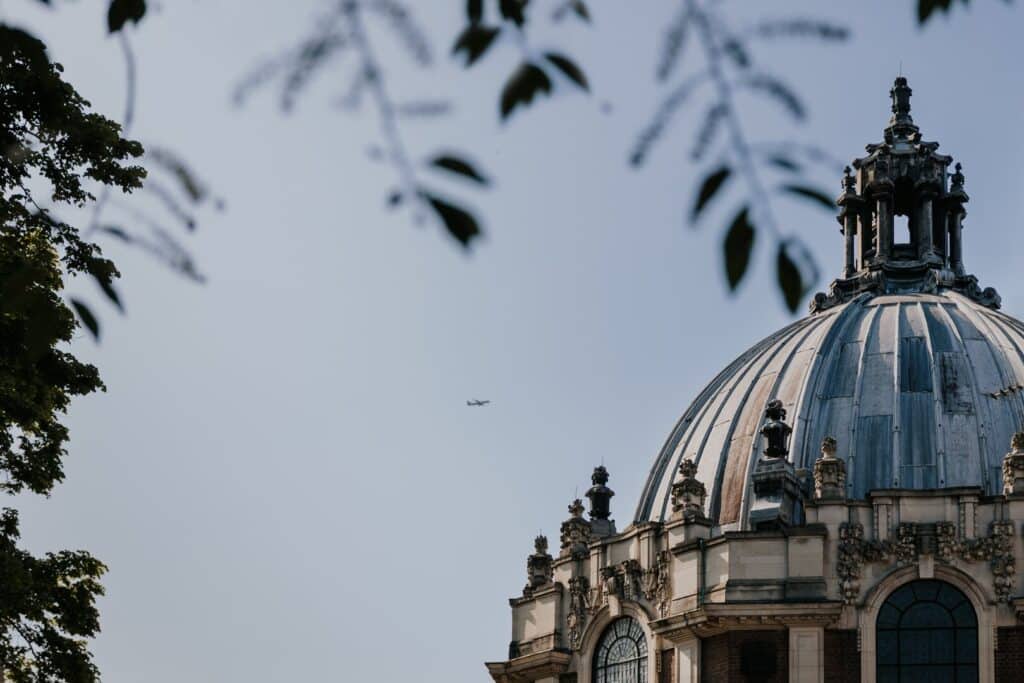A rich part of the Eton academic tradition, the annual Lyttelton Lecture has welcomed a range of external speakers across the years, providing a theology-oriented perspective. The eponymous talk honours former Eton Headmaster Edward Lyttleton, commemorating his clerical career and profound influence on the college. Last month’s lecture was hosted by Andrew Bradstock, Professor of Theology, Religion and Philosophy at Winchester University. His book, Batting for the Poor, is a biography of David Sheppard, a priest whose remarkable sporting and ecclesiastical careers was the focus of his talk.
Professor Bradstock explored the similarities between Lyttelton and Sheppard, explaining to the audience that both were great sportsmen, and first-class cricketers. They were also well known for their progressive attitudes toward education, sharing many of the principles that Eton espouses today. Indeed, Sheppard believed education to be amongst the most important of institutions, providing individuals with the opportunity to achieve their full potential regardless of any other limiting factors. Through education, anyone can become a productive member of their community.
Through education, anyone can become a productive member of their community.
David Sheppard
Sheppard himself took advantage of his educational possibilities, becoming a dedicated scholar and passionate cricket batsman. He was also an activist, who spoke out against apartheid during his cricket tour in South Africa. He opposed the South Africa national cricket team’s England tour, scheduled for 1970, which helped to raise awareness of the cause via the platform of professional cricket.
In his work with Black communities in London, Sheppard collaborated with Curate Wilfred Wood, who would go on to become the first Black bishop in the Church of England. Professor Bradstock told us that Sheppard’s experiences in London led to some career-making decisions, which helped him reach the conclusion that it is duty of both individual believers and the larger institution of the Church to engage with public life and political change. As opposed to being an armchair critic of society, the Church ought to be out on the pitch, playing the game.
The lessons Sheppard learned as a batsman were present throughout his ecclesiastical career, guiding him as Bishop of Liverpool in times of trouble. As a young cricketer, Sheppard would spend hours in front of a mirror at home practicing his foot movement; thousands of times he executed the same movements day after day, ensuring there was no room for error when he was tested on the pitch. Because of this early practice and dedication, Sheppard learned the importance of preparing thoroughly for every situation. That same drive equipped him with the tools to succeed as a Church and community leader. Sheppard recounts in his writing that cricket had always given him the ‘application, powers of concentration and the determination to succeed.’



